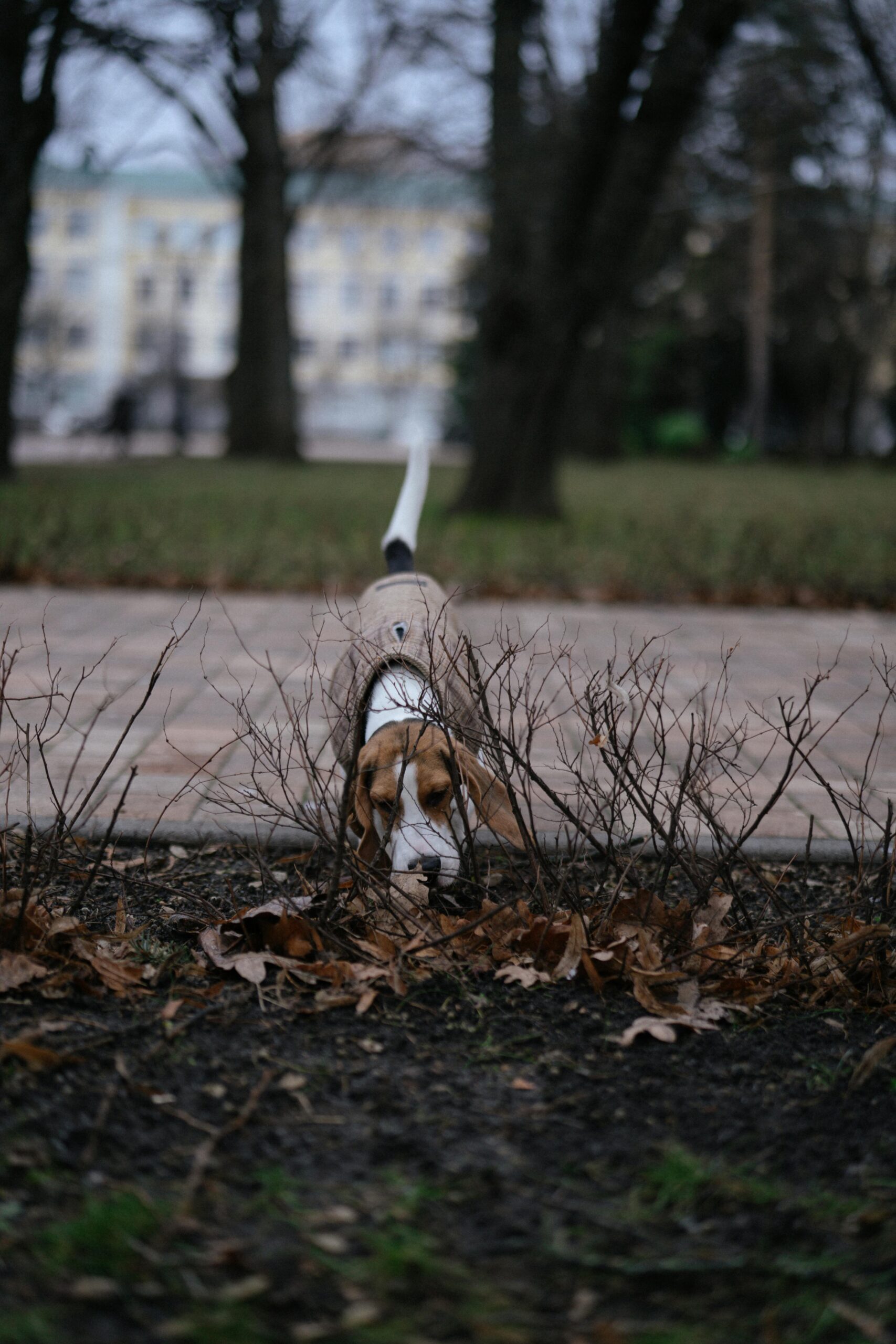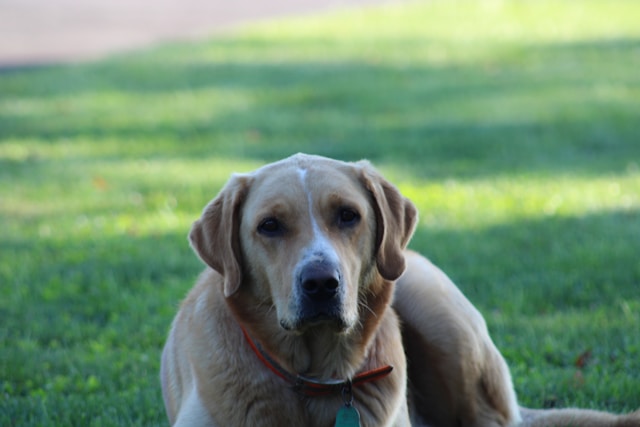Why Do Dogs Eat Poop? Although Common Behavior, Here’s What to Do About It

Introduction
One of the most perplexing and, frankly, disgusting habits some dogs have is eating poop, a behavior scientifically known as coprophagia. While it’s a behavior that’s hard for most humans to understand, it’s surprisingly common in the canine world. If your dog has this unsavory habit, you’re probably wondering why they do it and, more importantly, how to make it stop. This blog will explore the reasons behind coprophagia in dogs, the potential health risks, and practical steps you can take to discourage this behavior.
1. Understanding Coprophagia: Why Do Dogs Eat Poop?
Coprophagia is a behavior that can have multiple causes. Understanding why your dog might be eating poop is the first step toward addressing the issue effectively.
Natural Instincts
- Evolutionary Behavior: Some researchers suggest that eating poop is an instinctual behavior passed down from dogs’ wild ancestors. In the wild, keeping their dens clean would involve removing waste to avoid attracting predators. This could involve eating poop to keep the area clean.
- Maternal Instincts: Nursing mothers often eat their puppies’ feces to keep the den clean and reduce the scent that could attract predators. Puppies may learn this behavior by observing their mothers.
Nutritional Deficiencies
- Lack of Nutrients: If a dog’s diet is lacking essential nutrients, vitamins, or minerals, they might eat poop to compensate. Ingesting feces might provide a source of undigested food or nutrients.
- Poor Absorption: Dogs suffering from malabsorption issues or those not absorbing nutrients properly from their diet may eat poop to get what they’re missing.
Behavioral Causes
- Attention-Seeking: Dogs might eat poop to get a reaction from their owners. If scolding or showing interest every time they do it, dogs may repeat the behavior for attention, even if it’s negative.
- Boredom or Anxiety: Dogs left alone for long periods or not mentally stimulated might eat poop out of boredom or anxiety. Stressful situations can trigger this behavior as a coping mechanism.
2. Medical Causes of Coprophagia
Sometimes, eating poop can be a sign of an underlying medical condition.
Potential Medical Issues
- Parasites: Intestinal parasites can cause an increase in hunger or abnormal cravings, which may lead dogs to eat feces.
- Diabetes or Thyroid Issues: Certain metabolic disorders like diabetes or thyroid dysfunction can increase a dog’s appetite, leading to coprophagia.
- Gastrointestinal Disorders: Dogs with digestive issues, such as inflammatory bowel disease (IBD), pancreatitis, or enzyme deficiencies, might resort to eating poop to compensate for what they can’t digest or absorb properly.
Importance of Veterinary Consultation
- Rule Out Health Issues: If your dog suddenly starts eating poop, it’s important to consult a veterinarian. They can help rule out or treat any underlying medical conditions contributing to the behavior.
- Nutritional Adjustments: Your vet might recommend dietary changes or supplements if nutritional deficiencies are identified.
3. The Health Risks of Coprophagia
While coprophagia is usually more unpleasant than harmful, there are potential health risks to consider.
Potential Dangers
- Parasites and Bacteria: Eating feces can expose dogs to harmful parasites (like hookworms or roundworms) and bacteria (like E. coli or Salmonella), leading to gastrointestinal issues or other health problems.
- Toxins: Feces from other animals, especially wildlife or those who have been treated with certain medications or pesticides, could contain harmful substances that are dangerous if ingested.
Symptoms to Watch For
- Gastrointestinal Upset: Vomiting, diarrhea, or loss of appetite could indicate a health issue resulting from eating feces.
- Behavioral Changes: Changes in energy levels, mood, or other behaviors could signal that the dog has ingested something harmful.
4. How to Discourage Coprophagia in Your Dog
If your dog has developed a habit of eating poop, there are several strategies you can employ to discourage this behavior.
Environmental Management
- Clean Up Immediately: Remove feces from your yard or your dog’s area as soon as possible to reduce the opportunity for coprophagia.
- Supervision on Walks: Keep your dog on a leash during walks and supervise them closely to prevent them from eating feces in public areas.
Training Techniques
- Positive Reinforcement: Reward your dog with treats, praise, or playtime when they ignore feces and focus on you or their surroundings. Positive reinforcement helps build a new, more desirable behavior.
- Commands: Teach commands like “leave it” or “drop it” to redirect your dog’s attention away from feces. Consistent training and repetition can help reinforce these commands.
5. Dietary and Behavioral Interventions
Sometimes, changing your dog’s diet or providing more mental and physical stimulation can help reduce the behavior.
Dietary Adjustments
- High-Quality Diet: Ensure your dog is on a balanced, high-quality diet that meets their nutritional needs. If in doubt, consult your veterinarian for dietary recommendations.
- Digestive Enzyme Supplements: Supplements that aid in digestion may help if your dog is eating poop due to malabsorption or enzyme deficiencies.
Increase Mental and Physical Stimulation
- Engage in Play and Exercise: Regular exercise and playtime can reduce boredom and anxiety, decreasing the likelihood of coprophagia. Engage your dog in interactive toys, puzzles, and games.
- Routine and Structure: Providing a consistent daily routine with scheduled feeding, exercise, and playtime can reduce stress and behavioral issues, including eating poop.
6. When Professional Help Is Needed
If your dog’s coprophagia is persistent and the strategies above don’t work, consider seeking professional help.
Consult a Professional Trainer or Behaviorist
- Behavioral Assessment: A professional can help assess why your dog is eating feces and develop a customized training plan to address the behavior.
- Advanced Training Techniques: Trainers can provide advanced techniques or tools like muzzles during walks to prevent coprophagia while working on behavior modification.
Conclusion
Coprophagia, while unpleasant, is a common behavior in dogs that can stem from various causes, including natural instincts, nutritional deficiencies, behavioral issues, or underlying medical conditions. Understanding why your dog is eating poop is crucial to addressing the behavior effectively. By managing their environment, employing positive reinforcement training, and ensuring their nutritional and emotional needs are met, you can help reduce or eliminate this behavior. Remember, if coprophagia persists or if you’re concerned about your dog’s health, always consult your veterinarian or a professional trainer for guidance and support.




